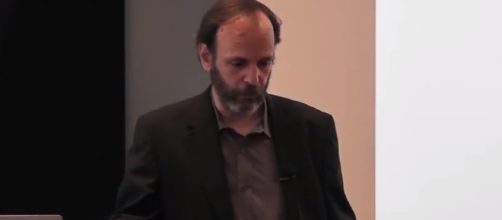Professor Daniel Sarewitz has used The Guardian Science Blog Network to discuss the problem of defining "Science Denial" as a pathological condition in the cognitive sciences in an article called "Stop treating science denial like a disease."
Coherent phenomenon of 'science denial'
Sarewitz points out that to have scientists describe the sociological and psychological behavior of "science denial" in terms of cognitive limits of intellectual development, is to accept that science can defend itself from criticism by using research to devalue those who comprise the "coherent phenomenon" of denial of scientific results.
Declining scientific quality
Sarewitz suggests that while it is a problem for scientists to classify as pathological, those who engage in science denial, it is also a problem when scientific endeavors geared to measure, describe and model the world we live in are denied serious consideration.
Sarewitz harshly questions the monetized motive behind and the poor quality of much of scientific research today, citing an increase in scientific publication rates and an increase in "evidence of irreproducibility" (other scientists being unable to test scientific results by reproducing them in their own labs) as markers of declining scientific quality.
Even good science faces hardened subjective values
The final thrust of Sarewitz's discussion turns on his application of the concept of "'post-normal science'," a concept developed by Silvio Funtowicz and Jerry Ravetz.
Sarewitz suggests that the Enlightenment notion of knowledge and rational thought gives way in an era in which "facts are uncertain, values in dispute, stakes are high, and decisions are urgent."
He suggests that in a time when "problems are inherently open, indeterminate and contested," science may not be able to apply "hard" rational, "scientifically coherent" approaches to "politically unifying" solutions for problems of such urgent yet disputable nature, especially when even good science faces such hardened "subjective value-judgements."
Daniel Sarewitz, Ph.D., Co-Director of CSPO
The article by Daniel Sarewitz was taken from a speech given at the University of Sheffield, England, at a "Science in Public" conference.
With background as a Research and Development (R&D) policy adviser for the U.S. House of Representatives, he is now Co-Director of the Washington, D.C., Consortium for Science, Policy & Outcomes (CSPO) as well as being an Arizona State University (ASU) professor of science and society in the School for the Future of Innovation in Society. He focuses his work on answering such questions as to how benefits affect scientific outcomes and how uncertainty and human values are linked in decision-making, according to his biographical profile for CSPO (cspo.org).


